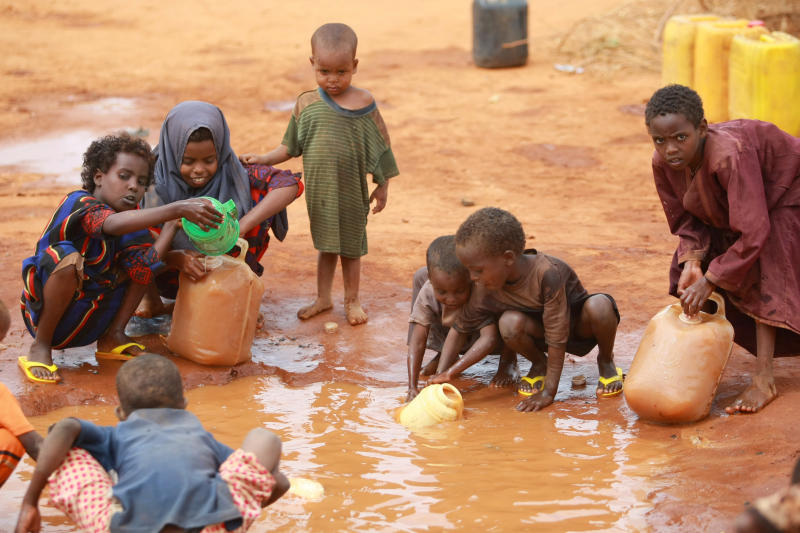×
The Standard e-Paper
Smart Minds Choose Us

For a plate of food, Hamdi Mhamed Muhumed, 22, unwittingly surrendered his nationality.
Faced by the possibility of starving or dying of thirst, his mother chose to walk to the Dadaab Refugee Camp and register him as a refugee. Her mission was simple: to keep him alive.